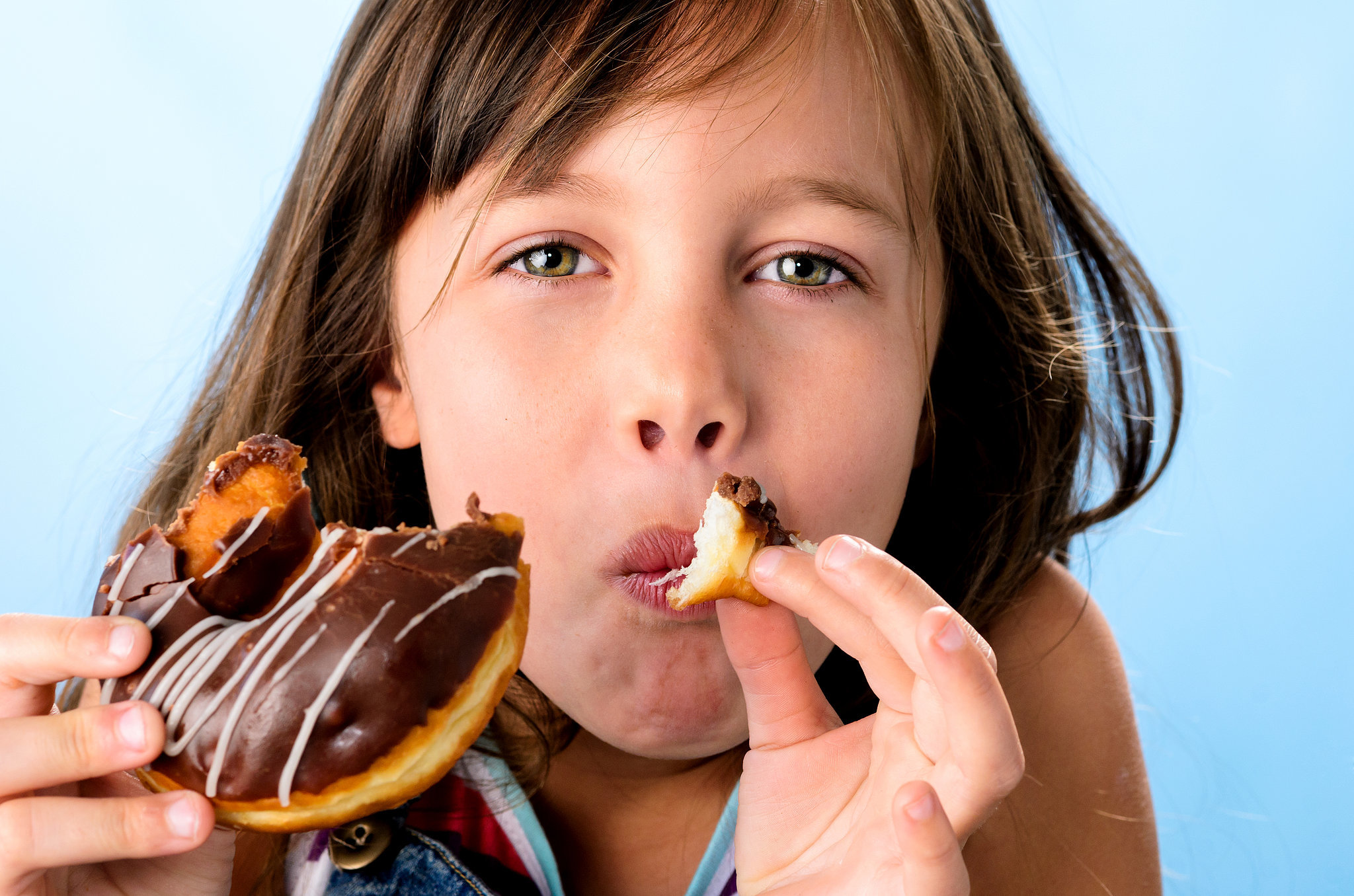
As we all know children are like sponges. They absorb everything they hear mimic everything they see and can be persuaded to eat most foods. But some have very picky about eating vegetables and healthy foods than others. It has been studied that eating habits can be developed in children even as early as in the womb. They can distinguish smells and flavors from the amniotic fluid inside the womb. Sweet tasting foods can be diffused through the amniotic fluid mapping the babies taste for sweet foods. However, bitter tastes don’t get transferred through the fluids to the baby. Some pregnant mothers like to have the excuse that they are “eating for two” when they are giving in to their cravings for junk food and sweets. A little indulgence here and there is okay but too much would not be ideal and may even make it more difficult for the baby to accept eating healthy foods when the time comes. A study conducted by the Monell Chemical Senses Center, shows that eating large quantities of junk food when pregnant and breastfeeding could have a lasting effect on the part of the babies brain that controls appetite and could lead to them having a ‘sweet tooth’. This predetermined preference for unhealthy foods can make it harder to have them enjoy eating healthier choice foods and may put them on a path to obesity. On the other hand, when a pregnant mother eats an abundance of healthy fruits and vegetables the unborn child is being introduced to those flavors and is more likely to accept eating them at a later point in their life. Some flavors that were shown to be detected in the amniotic fluid or breast milk are vanilla, mint, aniseed and carrots.
http://www.huffingtonpost.co.uk/2014/06/03/pregnant-womens-habits-in-the-womb_n_1293293.html

